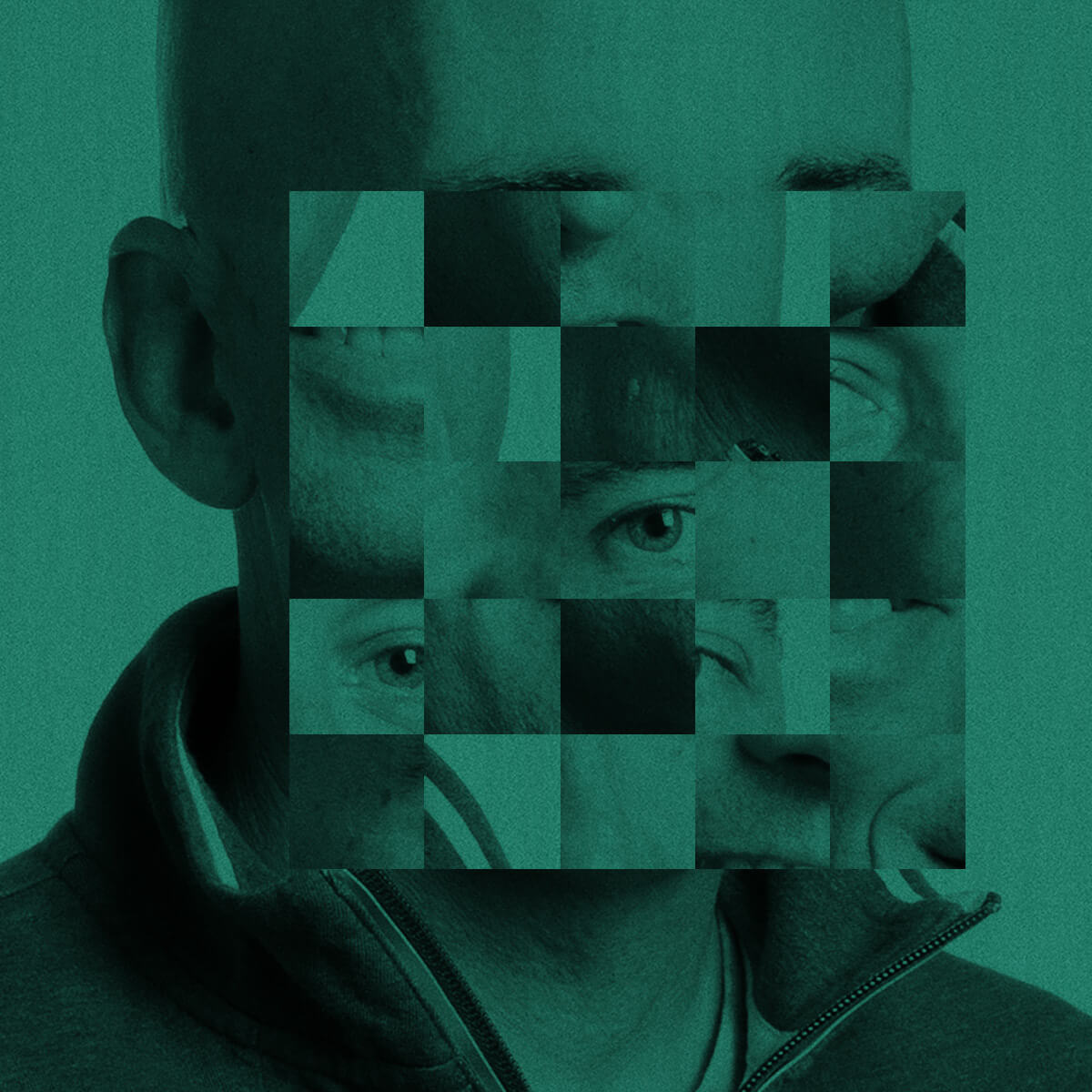Decipher Podcast: Reddit’s Matt Johansen on Identity Attacks, Enterprise Security, and Burnout
Reddit's head of application security Matt Johansen joins Dennis Fisher to talk about the highlights of Black Hat USA, the

He is one of the co-founders of Threatpost and previously wrote for TechTarget and eWeek, when magazines were still a thing that existed. Dennis enjoys finding the stories behind the headlines and digging into the motivations and thinking of both defenders and attackers. His work has appeared in The Boston Globe, The Improper Bostonian, Harvard Business School’s Working Knowledge, and most of his kids’ English papers.

Reddit's head of application security Matt Johansen joins Dennis Fisher to talk about the highlights of Black Hat USA, the
Risk management is not one of humanity's strong points, but we can learn some lessons from our own real life experiences to apply
As software systems have become ever more complex, the opportunity for security researchers to show their value has grown, as
A Chinese state-affiliated attack group known as Camaro Dragon is targeting some TP-Link routers to install malicious firmware images.
A new phishing service called Greatness is targeting Office 365 organizations in the U.S. and elsewhere.
GitHub has released a new push protection feature to prevent developers from accidentally including secrets in commits.
Researchers have discovered the firmware signing keys and Intel BootGuard keys for several manufacturers in data dumped by attackers who breached Taiwanese hardware maker MSI.
Microsoft has patched two flaws (CVE-2023-29336 and CVE-2023-24932) that have been actively exploited.